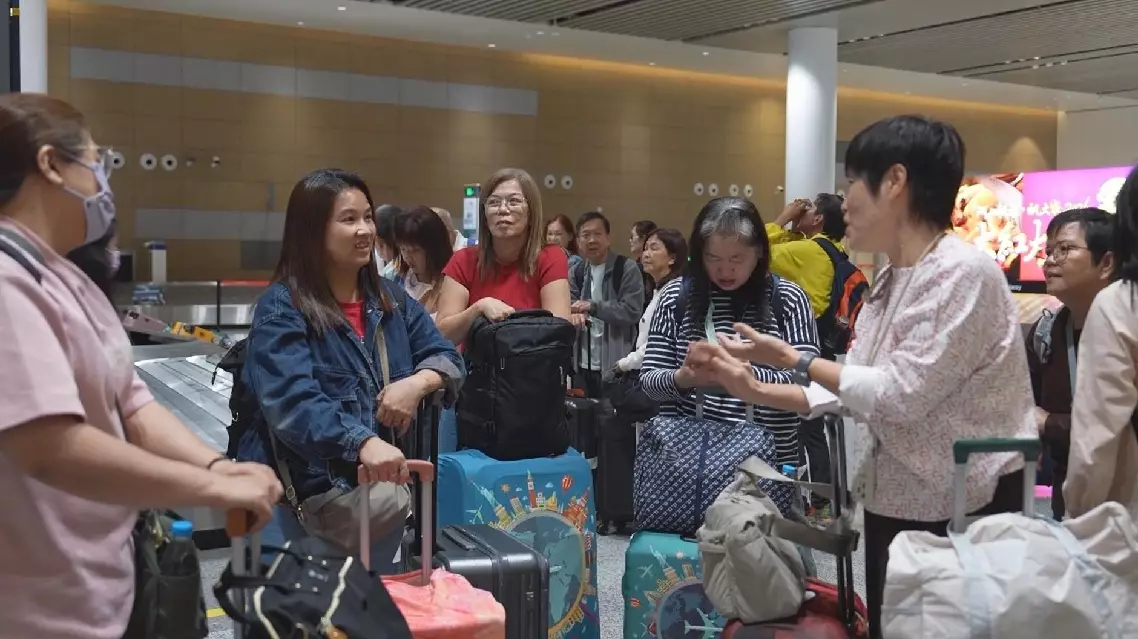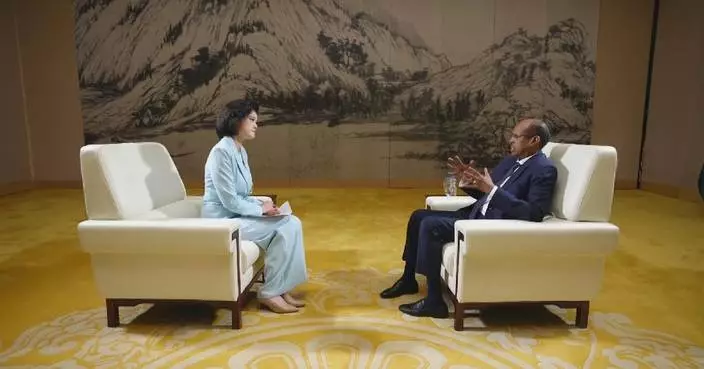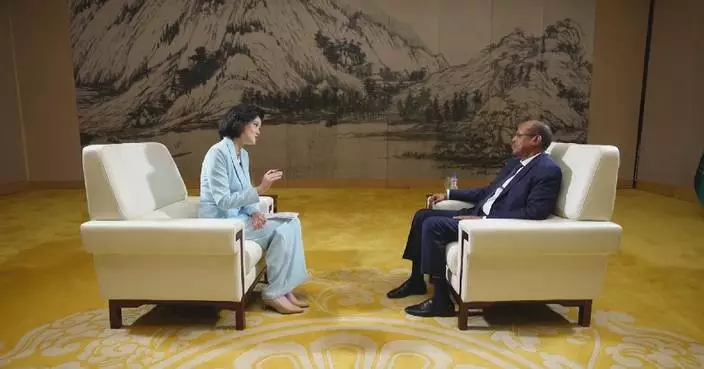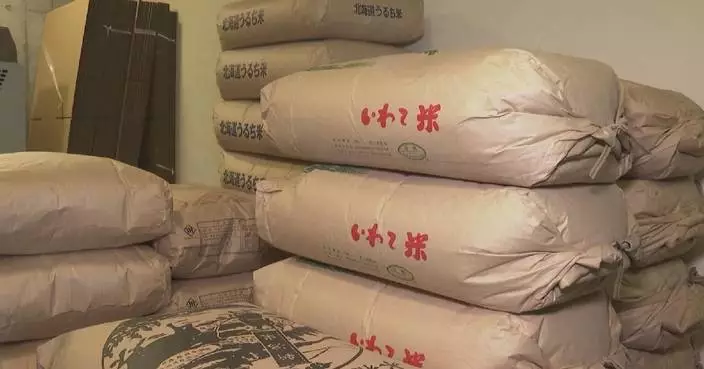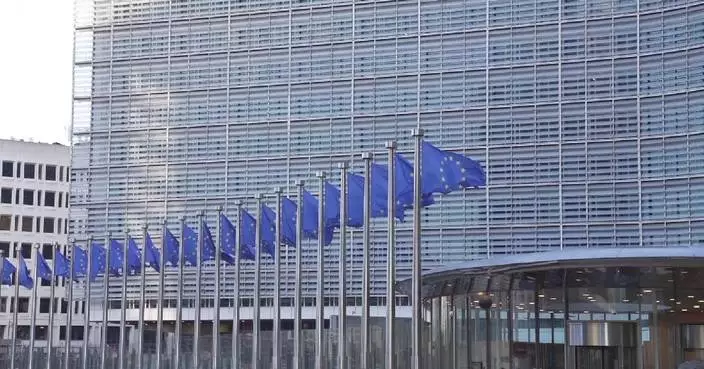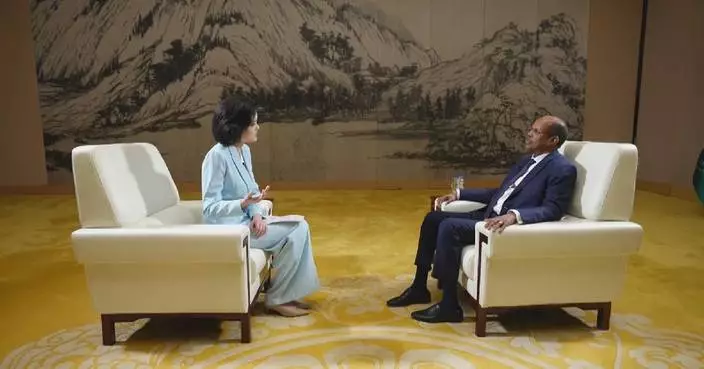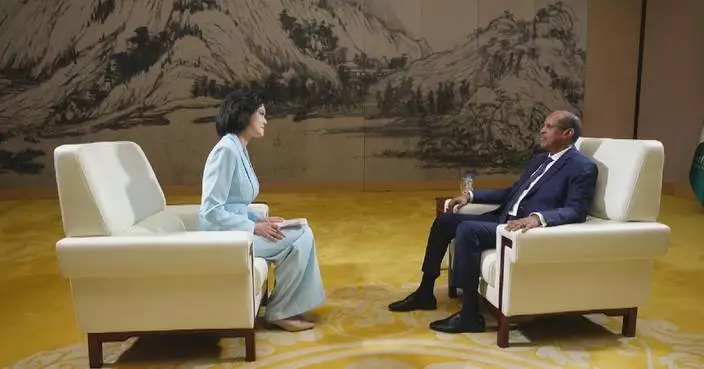Fresh-cut flowers from southwest China's Yunnan Province are gaining global traction, with exports surging due to improved cultivation, higher quality, efficient transport, and innovative partnerships.
Known as the "Kingdom of Flowers," Yunnan produces a diverse variety of blooms, highly sought after by domestic consumers. Now, local flower growers are expanding into international markets and achieving significant success. According to the Kunming Customs, in 2024, the export value of fresh-cut flowers from Yunnan reached 760 million yuan (about 104 million U.S. dollars), marking a 34 percent year-on-year increase. Major export destinations include Thailand, Japan, and Singapore.
Zhou Yulian, a local flower grower and wholesaler, has witnessed these changes firsthand. She recalled visiting a flower shop in Kazakhstan years ago and seeing only a handful of Chinese flowers. Now, they make up a significant portion of the selection. "The growth can be attributed to the steadily improving quality of our locally grown flowers, enhanced by better cultivation techniques. Additionally, our prices are relatively competitive," she said.
Her views are echoed by Xie Yaorong, manager of Kunming Huaeb Technology Co., Ltd., who began exploring overseas markets as early as 1999. Today, his business spans around 20 countries, with Southeast Asia as a key market. "We ship about 20 truckloads to Thailand each month. During festive seasons like the one we're having now, that number increases to around 40 truckloads, with each truck carrying roughly 400,000 stems. So, the sales are quite strong," Xie said.
Thanks to the smooth Kunming-Bangkok Expressway and efficient customs procedures, trucks loaded with freshly cut blooms reach Thailand in just three days, where Chinese flowers are in high demand.
"Roses are very popular, especially red roses. The carnations also sell well because they're long lasting. When they're in a bouquet, they last for a long time. So, customers like it," said Phatchamon Saelao, a Thai florist.
Besides, Xie's company is partnering with businesses in key markets, setting up overseas warehouses to streamline distribution.
As the Belt and Road Initiative, proposed by China in 2013, expands, Yunnan's flower farmers are also embracing new partners, including those in the Middle East.
"Our flowers are competitively priced in Dubai, and our output is also very high. Currently, we export between six to 10 tonnes per week to the city, which is almost enough to fill up the entire plane," Xie said.
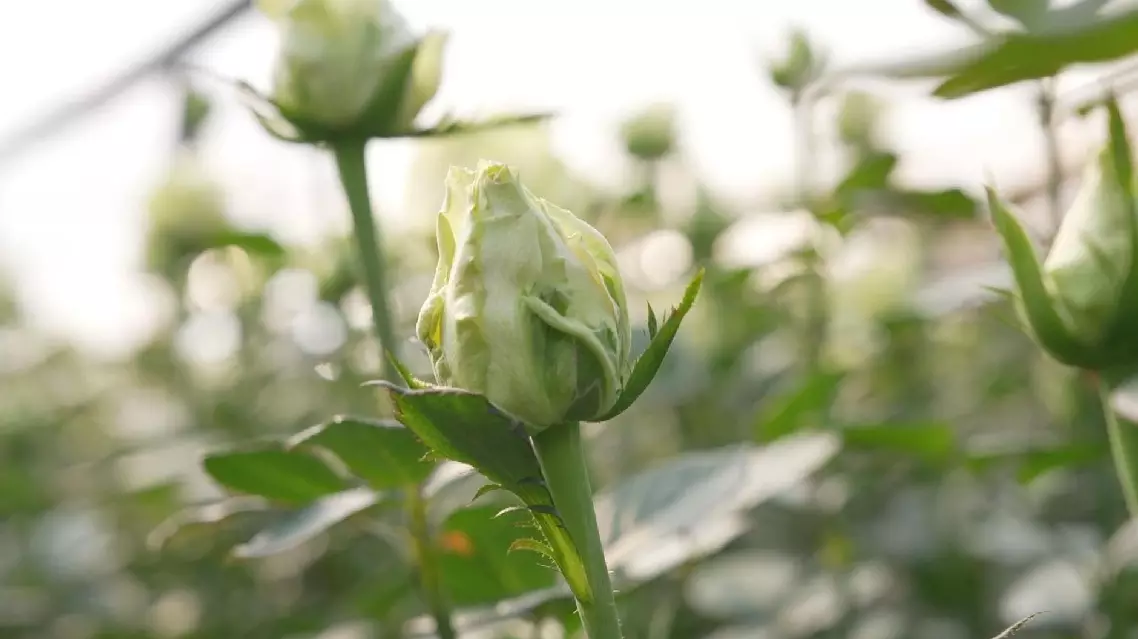
Flower exports from Yunnan see strong growth


